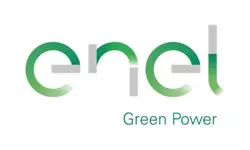Water Quality Jobs in Sustainability













































Search jobs
Water Quality Roles in Sustainability Jobs
1. What do water quality jobs in sustainability involve?
People work in water quality jobs have to ensure the available water resources are adequate for human, industrial, and ecological uses which includes monitoring, analyzing, and improving water resources. Their work includes controlling pollution, treating water, and preserving ecological balance. Special global positions for the purpose of water sustainability are being offered at organizations such as WaterAid.
2. What skills are essential for water quality jobs?
Water quality-related professions require skills such as compliance with regulations, chemical analysis, and taking water samples. Being adequately familiar with the standards of water safety does give candidates a competitive edge, as does proficiency in GIS and the Safe Drinking Water Act.
3. What are common career paths in water quality?
Career paths include tasks such as a hydrologist, wastewater treatment operator, and water quality analyst and water resource manager. Government agencies and non-profits as well as environmental consulting firms like AECOM are employers.
4. How does water quality work align with sustainability goals?
The professionals ensure everybody has clean and safe water while minimizing the impact on the environment. This also sustains the United Nations Sustainable Development Goals Number 6, which is Clean Water and Sanitation, focusing on providing water access to everyone.
5. What are the challenges in water quality careers?
These problems include, water shortages along with pollution from industrial, agricultural use, and the deterioration of pathways and the other structures. Specialists have to find ways that are creative in nature and address the problem of increased global needs of water without disturbing the environment.
.svg)
.svg)

